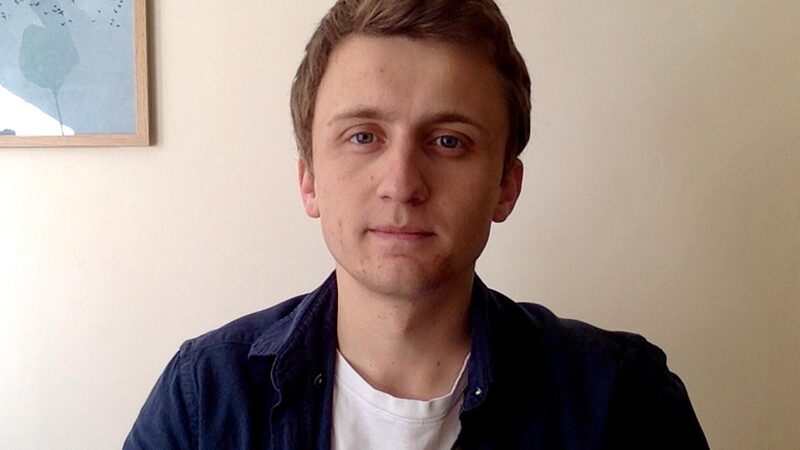You are viewing your 1 free article this month. Login to read more articles.
Publishing courses have managed positive change in the trade
Last week, I was pleased to see The Bookseller surveying class in publishing. Access to the industry is central concern of the Association for Publishing Education (APE), which represents universities offering publishing degrees. As I opened the survey, though, I was confronted by this question: "Do you think [the] rising popularity of post-grad courses (such as writing or publishing MAs) means it is harder than previously for people from working class backgrounds to join the publishing industry?"
We are making it harder?! Why were our courses picked out for scrutiny, and with an assumed effect that was either negative, or at best neutral? And why did the survey contain no specific questions about more obvious targets: recruitment of Oxbridge graduates, say, or unpaid internships, low salaries, HR practices and workplace cultures?
The survey was correct to identify an increase in publishing degrees in recent years: APE’s membership is growing, and it represents universities from Scotland, Ireland, the North, Midlands, South-West and South- East. Our courses are regionalised in ways that the industry itself struggles to accomplish, enabling students far from publishing’s metropolitan concentration.
The university sector has its own class challenges, of course, and the cost of Higher Education can be prohibitive. But we also have considerable expertise in widening participation and managing positive change in inclusion, diversity and representation. Examples from our members include Get Into Book Publishing, accessible short courses with industry and UCL-sponsored places. A current Plymouth student is organising an event focused on broadening social inclusion in the South-West, in partnership with the university’s outreach team and the Society of Young Publishers. Our degrees also kickstart entrepreneurship, using alternative business models and platforming under-represented voices. These include Scotland’s 404 Ink, Monstrous Regiment and Knight Errant Press (set up by Stirling and Edinburgh Napier graduates), and West Midlands-based Victorina Press (established by a mature student from Derby).
We also have research-driven expertise. UCL’s Melanie Ramdarshan Bold is researching inclusive YA fiction and writers of colour, for example. Partnerships with university researchers from Edinburgh and Sheffield resulted in the Panic! report, with its investigation of social class, taste and inequalities in the creative industries. Class is a complex and intersectional entity, and The Bookseller is right to turn its attention to it. But it should be approached with data collection expertise and sociological nuance for its results not to be invalidated. Another of the survey’s questions ("Were there any schemes, incentives or other things which helped you overcome obstacles in terms of your class or background?") betrays a (probably unintentional) construction that working-class identity is a problem to solve. Working-class people should not need to "overcome obstacles" put in their way by class discrimination.
The survey had issues in terms of its approach and design, and therefore any statistical data presented from it should be viewed with scepticism. There is also a categorisation challenge, with individuals often mis-stating their identity and class privileges. Misleading data has harmful potential and can orientate discourse in ways that exacerbate, rather than change, publishing’s privileged workforce.
Universities already work productively with the publishing industry: our experience of widening participation and social inclusion is just one area of collaboration, and we are keen to engage further with this. But we also suggest that drawing on our research expertise might ensure more robust data gathering and analysis, and therefore affect positive change, which must, surely, be our joint aim.















